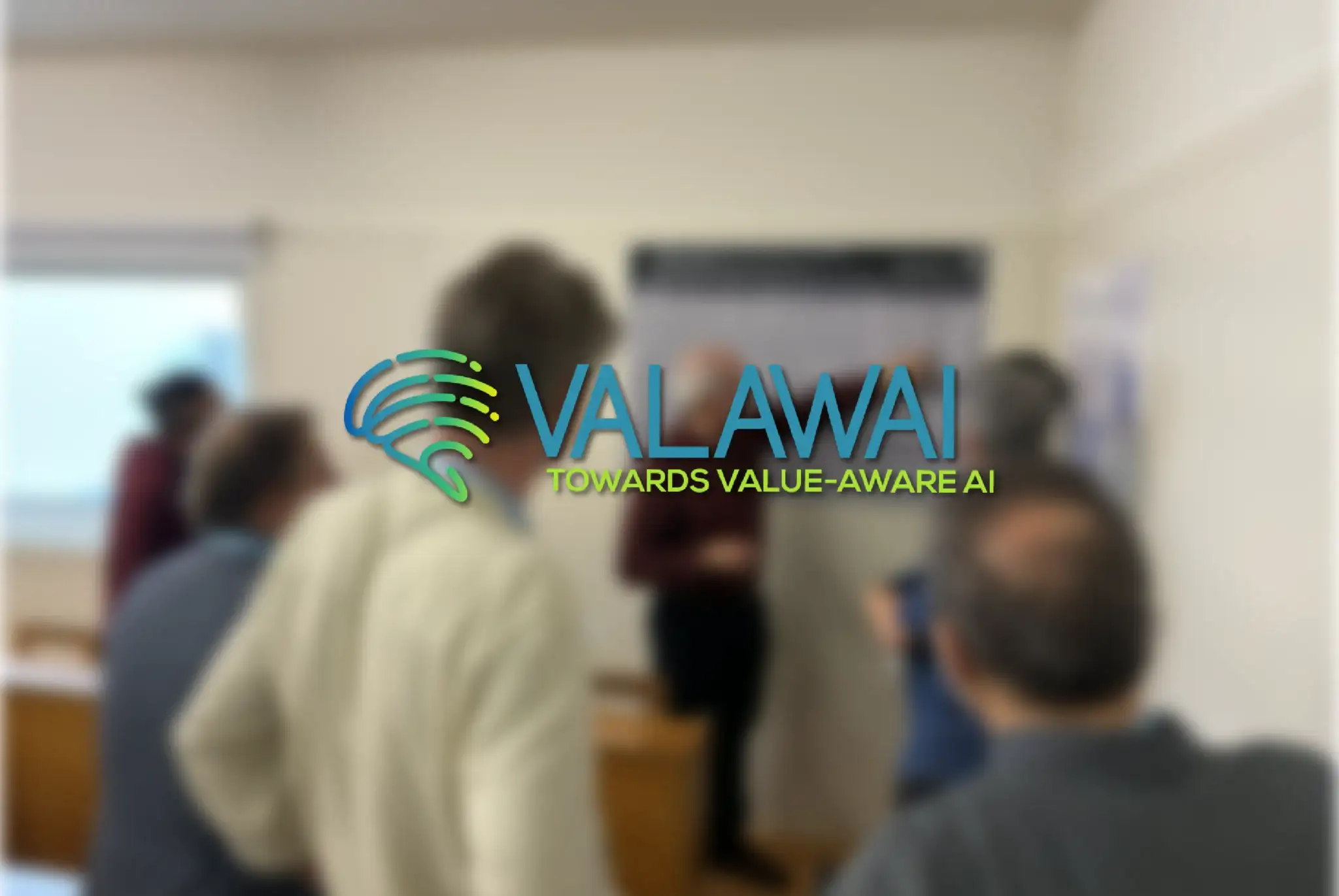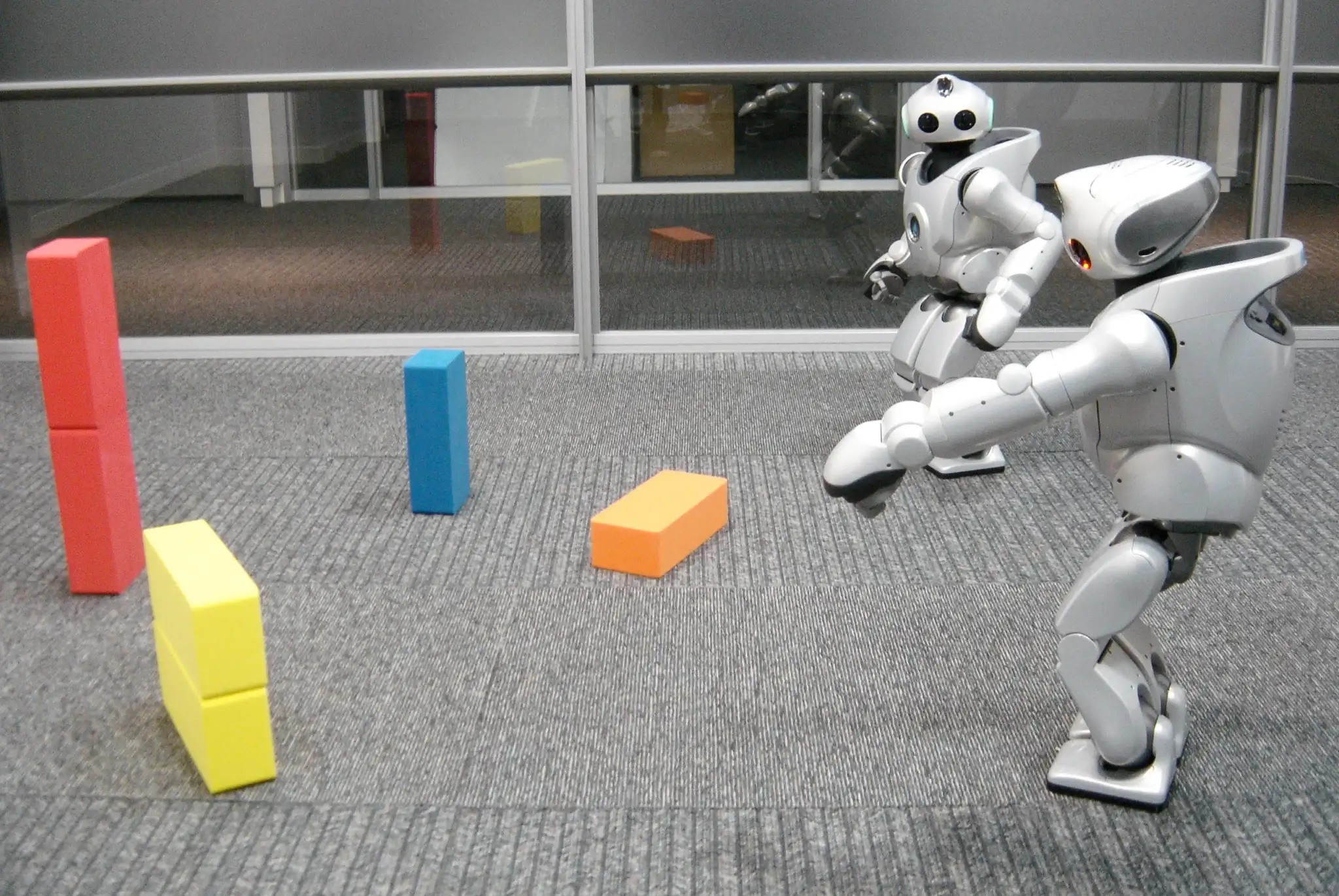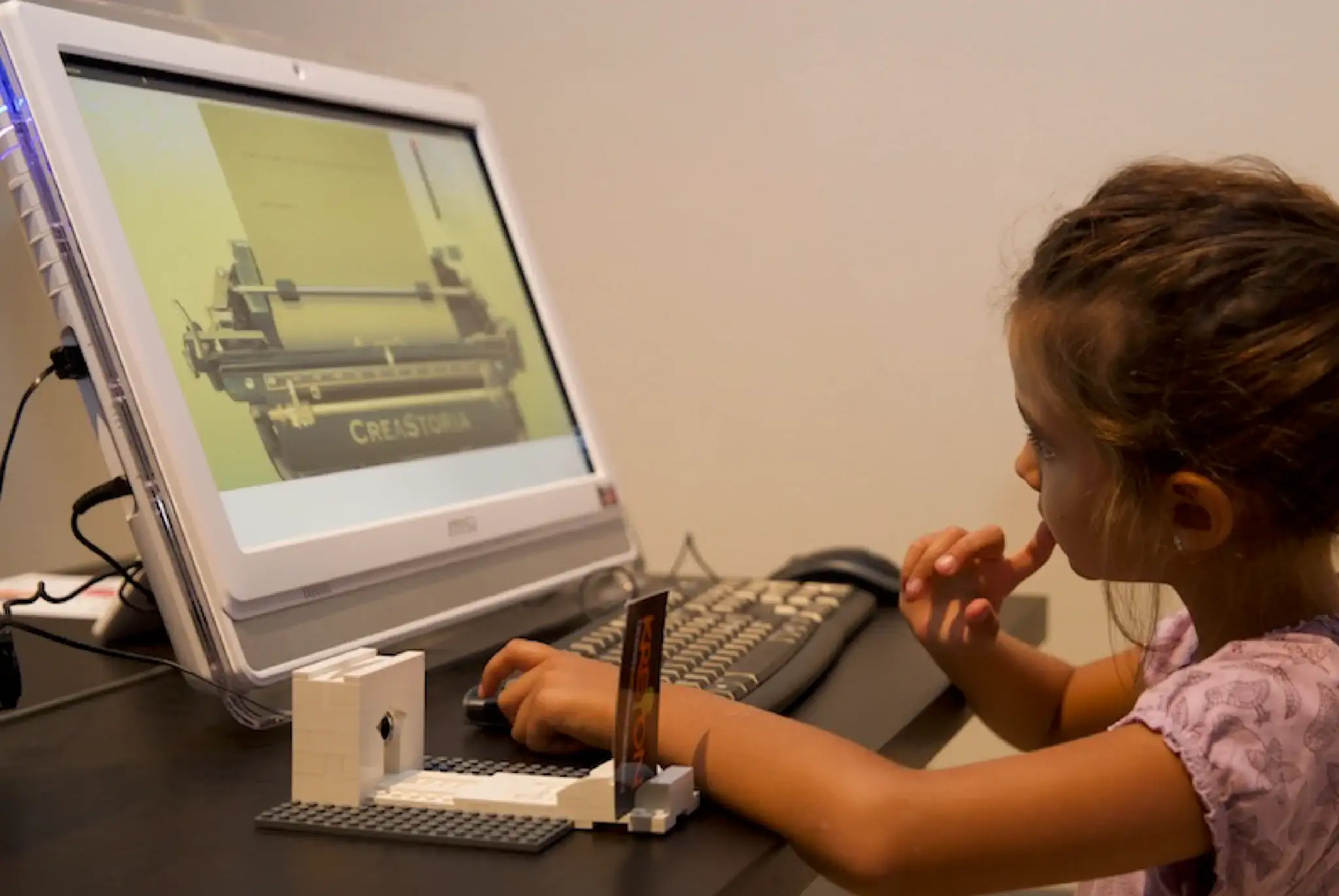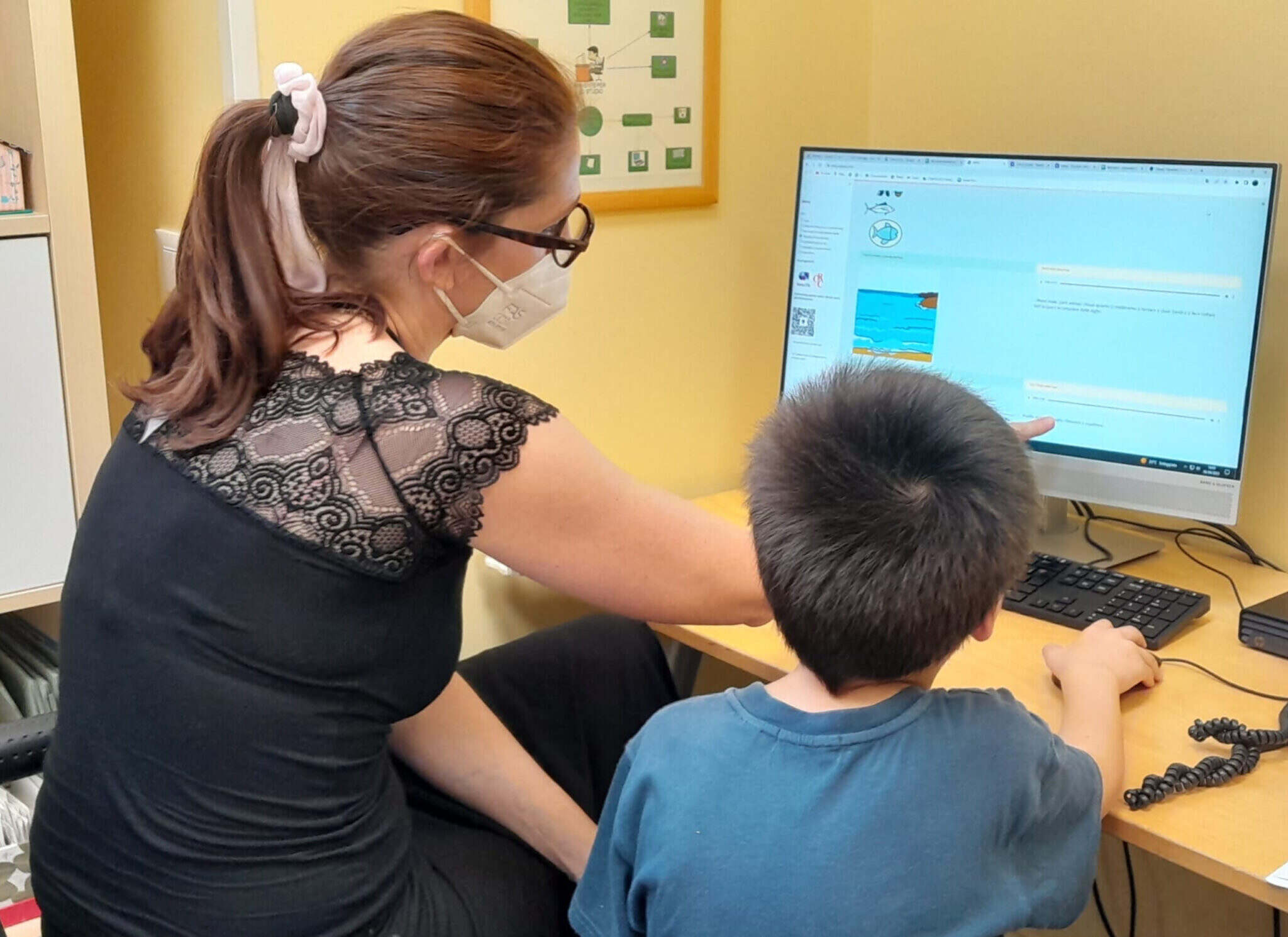
Empowering Reading Comprehension for SEND* Learners Through AI: ARTIS
Contributors
Share
— Abstract
At Sony CSL Paris, we aim to bridge clinical and educational gaps for children with special educational needs and disabilities (SEND) by leveraging Artificial Intelligence (AI) to foster inclusivity. Our project, cantered around ARTIS, an AI-powered reading comprehension tool, focuses on enabling SEND learners to overcome text comprehension challenges through personalized, adaptive practices and that, ultimately, investigates the impact of adaptive content representation on vulnerable learners.
By addressing critical educational needs, ARTIS aim to empower young citizens, speech therapists, and educators while contributing to a more equitable and sustainable future in speech and language therapy and education.
— Project
Education is a fundamental human right—one that must be qualitative, equitable, and inclusive. Every student, regardless of their background or abilities, deserves the opportunity to achieve their educational goals. However, students with special educational needs and disabilities (SEND) often face persistent challenges and inequalities. To address these barriers, it’s essential to provide SEND students with the tools, resources, and support needed to unlock their full potential.
Speech-language pathologists play a pivotal role in this effort, using personalized therapies and engaging tools like custom games to help SEND students overcome daily obstacles. Yet, gaps in access to quality education and therapy persist across countries and social contexts. Recognizing this, the United Nations included “Quality Education” as one of its 17 Sustainable Development Goals (SDGs) to be achieved by 2030.
The European Union’s Strategic Plan on Human-Centred and Ethical Development of Digital and Industrial Technologies (2023/2024) further emphasizes the need for a “resilient, inclusive, and democratic European society.” Effective implementation of inclusive educational policies and programs is a top priority, addressing inequalities and empowering citizens. The plan highlights the link between inequitable education and lower employment rates, earnings, and job quality, underscoring the urgent need to provide technology that empowers young people in vulnerable conditions.
The COVID-19 pandemic magnified these challenges, disrupting access to critical therapies like speech and language interventions. With limited online alternatives available, many children with learning disabilities were left isolated. This starkly demonstrated the need for digital tools that maintain the same high standards of care, even remotely.
Methodolgy & key features
Our work focuses on leveraging Natural Language Processing (NLP) to develop innovative therapeutical and educational tools for SEND learners. At its core, ARTIS is grounded in neuro-psycholinguistic models of reading comprehension, with features designed to make text accessible and engaging.
- Keyword Identification: Automatically highlights key terms for better focus.
- Visual Aids: Associates words with pictograms to simplify understanding.
- Complex Word Highlighting: Identifies challenging words for targeted learning.
- Semantic Networks: Maps relationships between concepts to enhance comprehension.
- Grammatical Exercises: Offers practice on language structures.
- Concept Maps: Summarizations
This tailored, interactive approach ensures that learners with text comprehension difficulties receive the support they need, whether in their first (L1) or second (L2) language learning contexts.
Ongoing Work:
- Preliminary testing shows promise in improving text comprehension for primary school children.
- Early feedback from speech therapists indicates ARTIS’s potential as a remote therapy tool.
Expected Outcomes:
- Measurable improvements in learners’ reading comprehension skills.
- Greater accessibility for SEND learners in both educational and professional contexts.
- Expanded use of ARTIS for multilingual learners in diverse learning environments.
Collaborating for Impact
We believe partnerships are key to achieving meaningful impact. One of our flagship collaborations is with the CRC Research Center in Rome, where ARTIS is being validated as a versatile tool for speech therapy. Additionally, through the WECARE project, we are exploring its applications for both L1 and L2 learners. These collaborations ensure ARTIS meets the highest standards of inclusivity, usability, and effectiveness.
Together, we aim to transform educational opportunities for SEND learners, equipping them with the tools they need to thrive in a knowledge-driven society.
— Links
GOM website: https://sonycslparis.github.io/gom-webapp/
Computational Agroecology: Should we bet the microfarm on it?: https://limits.pubpub.org/pub/comput/release/1
The discourse of the French Method on Medium: https://medium.com/@koddavid/the-discourse-of-the-french-method-how-to-make-accessible-the-knowledge-encapsulated-in-old-e566456106c5
Related projects

Giulio Prevedello
Research Associate
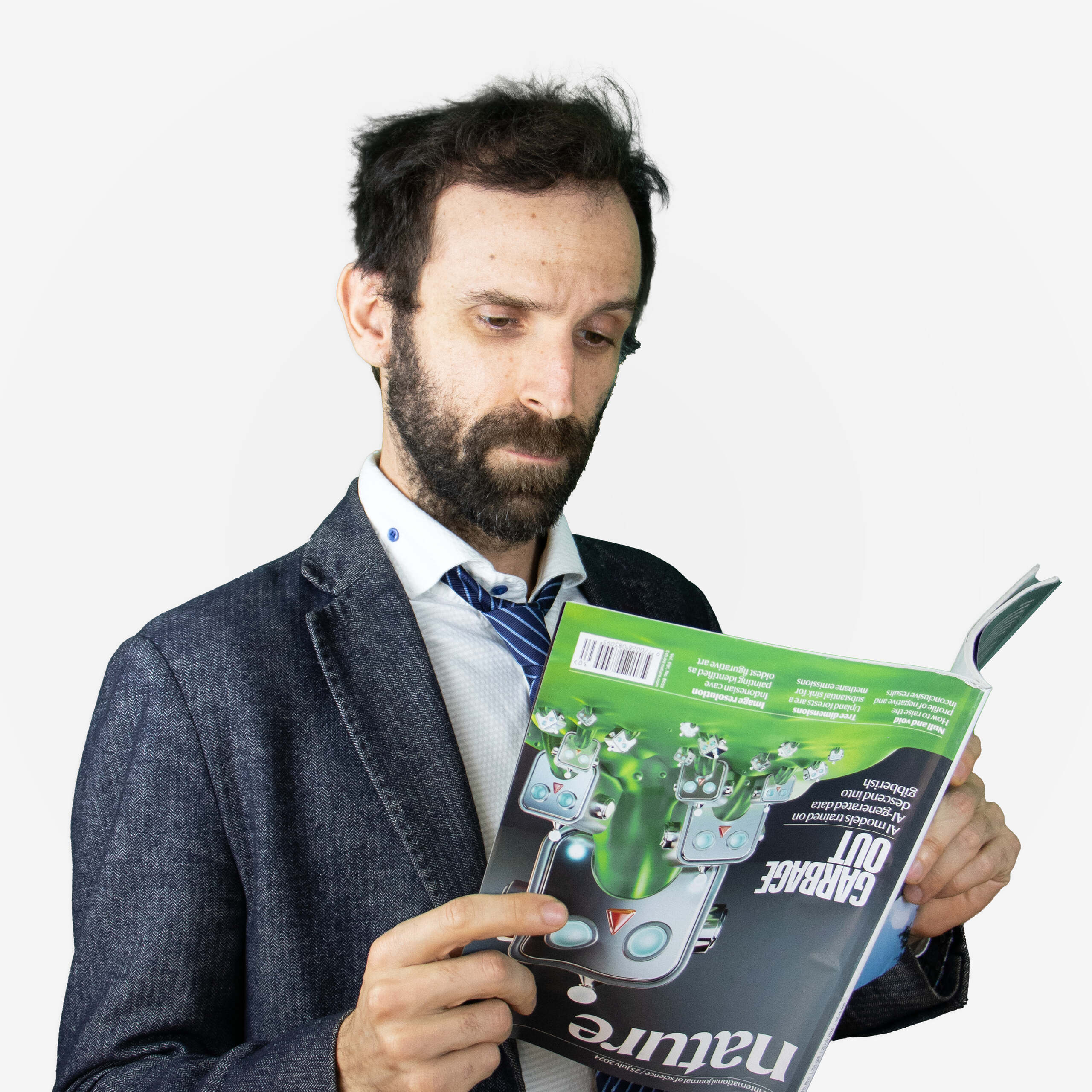
Pietro Gravino
Researcher

Martina Galletti
Assistant Researcher

Emanuele Brugnoli
Research Associate (Sony CSL - Rome)




